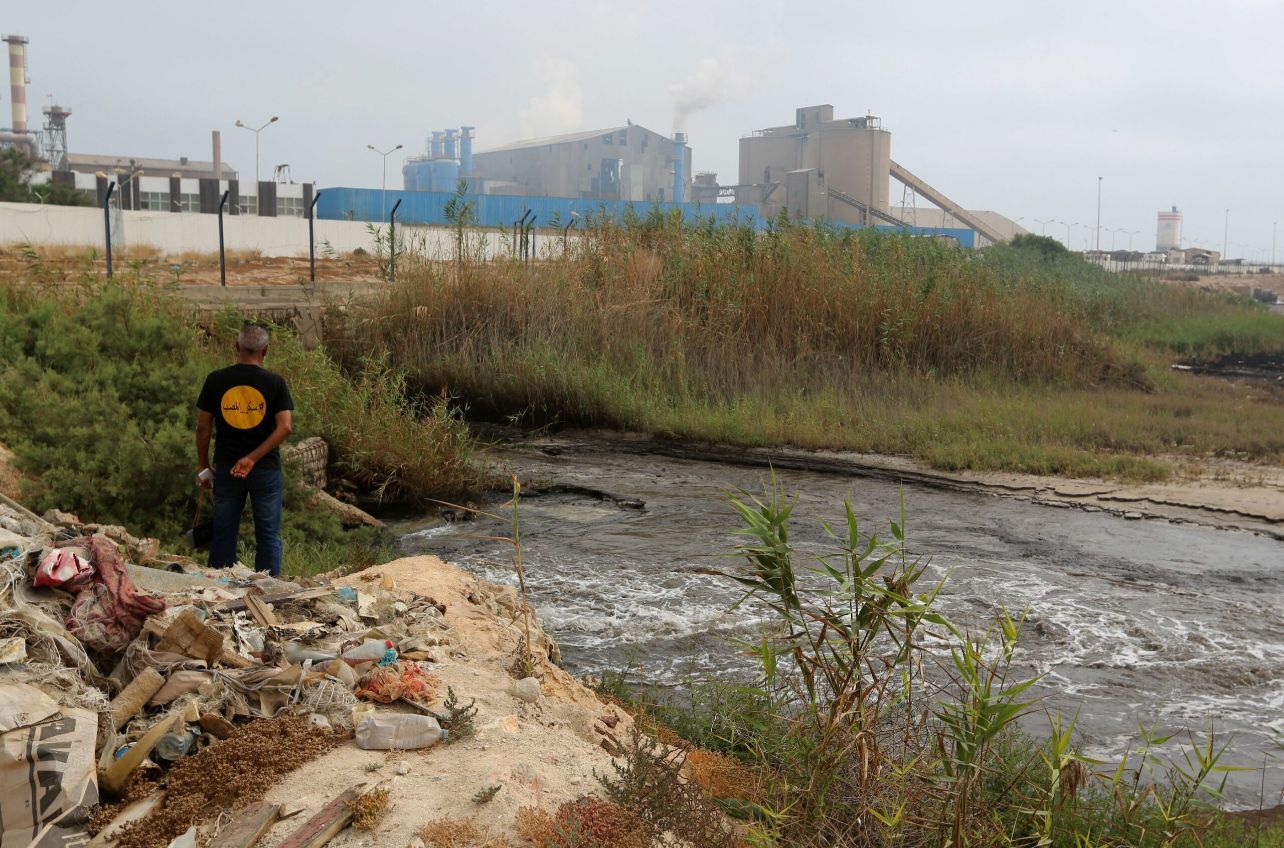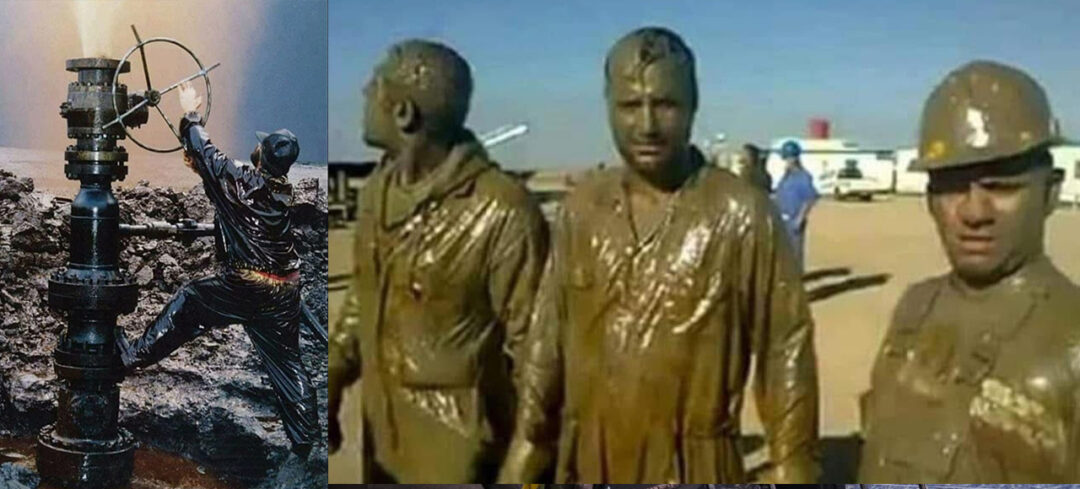قابس تختنق: تلوث بيئي وصحي يثير موجة غضب واسعة… والنقابات تدق ناقوس الخطر
في الجنوب الشرقي من تونس، وتحديدًا في قابس، يتنفس السكان منذ عقود هواءً ملوثًا، ويعيشون على وقع أزمة بيئية وصحية خانقة صارت جزءًا من يومياتهم. المدينة التي كانت يومًا جنة خضراء على البحر، تحولت إلى رمز للتلوث الكيميائي المزمن، بفعل أنشطة المجمع الكيميائي الذي يواصل تشغيل وحداته في قلب النسيج الحضري، تاركًا وراءه هواءً خانقًا، مياهًا ملوثة، وحياةً محاصرة بين المرض والغضب.
منذ سنوات، تصاعدت الانبعاثات الغازية من وحدات الإنتاج دون أن يقابل ذلك تحركٌ جدي من السلطات. غبار الفوسفات يغطي الأسطح والأحياء السكنية، أبخرة سامة تملأ السماء، ونفايات تُصرف مباشرة في البحر. دراسات علمية متعددة حذّرت من انهيار المنظومة البيئية الساحلية ومن تدمير التنوع الحيوي. لكن ما كان يُكتب في تقارير الخبراء بات اليوم واقعًا يعيشه الأطفال قبل الكبار، بعد أن بدأت المدارس القريبة من المنطقة الصناعية تسجّل حالات اختناق جماعي بسبب التلوث.
في الأيام الأخيرة، نقلت سيارات الإسعاف عشرات التلاميذ إلى المستشفى بعد أن تعرضوا لموجة اختناق حادة، في مشهد صادم تكرر مرارًا في السنوات الأخيرة. في الأحياء الشعبية المحاذية للمصنع، يتحدث الأهالي عن ليالٍ لا يمكن فيها فتح النوافذ. “الهواء هنا خانق، أطفالنا يختنقون ونحن بلا حماية”، تقول إحدى الأمهات وهي تشير إلى السماء المغبّرة التي غابت عنها النجوم.
الغضب الشعبي لم يتأخر كثيرًا. خرج المئات إلى الشوارع في مظاهرات حاشدة، رفعوا شعارات “لا للقتل البطيء” و“الحق في الحياة قبل الفوسفات”، أغلقوا الطرقات، أشعلوا الإطارات، ووجهوا اتهامات مباشرة إلى السلطات والمصنع بالتواطؤ أو التقصير. فهذه الأزمة ليست وليدة اللحظة، بل تراكمت عبر عقود من التلوث غير المضبوط، وسط وعود حكومية لم تتحقق بعد.
رغم أن الحكومات المتعاقبة تعهدت بنقل الوحدات الصناعية الملوِّثة إلى مواقع أقل خطورة، أو تفكيكها، فإن التنفيذ ظل بطيئًا. وحدات الإنتاج القديمة تجاوزت عمرها الافتراضي، والمعدات المتهالكة تسرّب المزيد من الانبعاثات السامة يوميًا. خبراء البيئة يحذرون من أن استمرار الوضع بهذا الشكل يعني مضاعفة المخاطر الصحية والبيئية، ليس فقط على قابس، بل على كامل الساحل الجنوبي.
هذا الواقع يضع التزامات تونس المناخية تحت المجهر. فالبلاد، بصفتها طرفًا موقّعًا على اتفاق باريس للمناخ، تعهدت بتقليص الانبعاثات الملوِّثة وتعزيز مسار الانتقال العادل نحو اقتصاد منخفض الكربون. كما تضمّنت مساهماتها الوطنية المحددة أهدافًا واضحة للحد من التلوث الصناعي. لكن ما يجري في قابس يكشف فجوة كبيرة بين الالتزامات الدولية والخطط على الورق من جهة، والواقع الميداني الصادم من جهة أخرى. فبينما تتحدث الدولة عن التحول البيئي، يواصل المصنع إطلاق ملوثاته بلا رادع، لتبقى صحة السكان رهينة الحسابات الاقتصادية والسياسية.
وسط هذه الأزمة، يقف العمال في الواجهة. مئات العمال يواصلون العمل يوميًا في بيئة مشبعة بالغازات السامة، وسط ضعف كبير في تجهيزات الحماية الفردية. شهادات من داخل المصنع تكشف عن غياب أنظمة تهوية فعالة، معدات قديمة تشكل خطرًا مباشرًا على السلامة المهنية، وحوادث عمل متكررة دون تعويضات كافية أو تأمين حقيقي. العديد من العمال يعانون أمراضًا مزمنة في الجهاز التنفسي بسبب التعرض الطويل للملوثات، فيما يواجه آخرون خطرًا يوميًا على حياتهم.
النقابات العمالية المحلية، وعلى رأسها الاتحاد الجهوي للشغل بقابس، رفعت الصوت عاليًا محذرة من كارثة بيئية وصحية وشيكة. طالبت بإيقاف تشغيل الوحدات الملوِّثة فورًا، وتنفيذ التعهدات الحكومية السابقة دون مزيد من المماطلة، ومحاسبة المسؤولين عن تدهور الوضع، مع ضمان تعويضات عادلة للمتضررين من العمال والسكان. كما دعت إلى وضع خطة انتقال عادل تضمن حماية البيئة من جهة، وصون حقوق العمال من جهة أخرى، من دون التضحية بمواطن الشغل.
بالنسبة للنقابات، لا يمكن فصل العدالة البيئية عن العدالة الاجتماعية. الانتقال العادل ليس شعارًا سياسيًا، بل مسار عملي يهدف إلى تأمين حقوق جميع الأطراف، وخاصة الفئات العاملة التي تجد نفسها اليوم بين نارين: نار التلوث ونار فقدان العمل. ولهذا، تطالب الحركة النقابية الوطنية بوضع خارطة طريق واضحة للانتقال البيئي، تمويل برامج لإعادة التأهيل الصناعي، حماية العمال من التسريح العشوائي، وإنشاء صندوق بيئي اجتماعي لتعويض المتضررين.
إن ما يحدث في قابس ليس مجرد أزمة محلية، بل اختبار حقيقي لمدى جدية الدولة في احترام التزاماتها المناخية وحماية مواطنيها. فالقضية تتجاوز المصنع والسكان المحيطين به لتطرح سؤالًا أكبر: هل يمكن الحديث عن تحول بيئي حقيقي دون إشراك النقابات والفاعلين الاجتماعيين في رسم وتنفيذ السياسات؟ هل يمكن بناء اقتصاد أخضر على أنقاض أجساد العمال وأحلام سكان مدينة بأكملها؟
قابس اليوم تختنق بين فكي آلة كيميائية متغوّلة وقرارات سياسية مترددة. لكن صوت سكانها وعمّالها بدأ يتعالى، والنقابات في الخط الأمامي من هذه المعركة التي تمزج بين الحق في بيئة نظيفة، الحق في العمل الآمن، والحق في الحياة الكريمة. إنها معركة قابس، لكنها أيضًا معركة كل مدينة تقف على تخوم التنمية الملوِّثة، بين الماضي الصناعي والمستقبل المناخي العادل.





